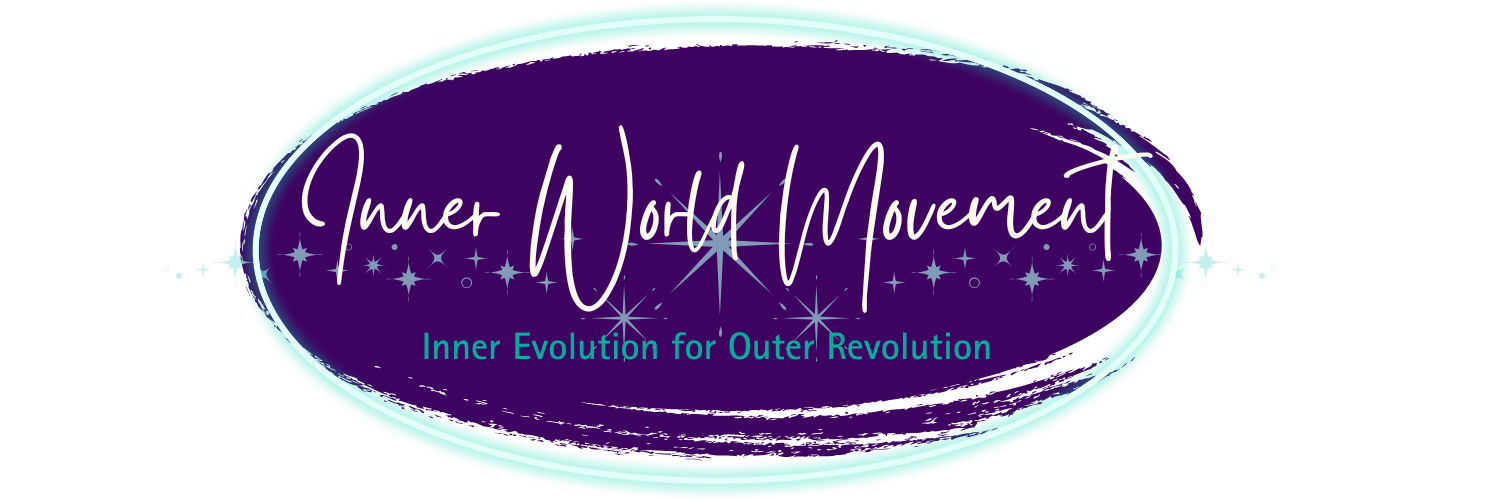Know Thyself
The Value of Knowing Yourself: A Key to Trust, Love, and Action
In our fast-paced, ever-changing world, the journey of self-discovery often takes a back seat. However, understanding oneself is the bedrock upon which trust, love, and effective action are built. "Knowing yourself is the beginning of all wisdom," Aristotle once said, highlighting the age-old belief that self-awareness is the first step toward a fulfilling life.
Why Know Yourself?
1. Trusting Yourself
Before you can truly trust others, you must trust yourself. This trust stems from an intimate knowledge of your capabilities, your limitations, and your emotions. When you understand your inner workings, you can predict how you'll react in different situations, which in turn strengthens your decision-making process. "To thine own self be true," Shakespeare advises in Hamlet, suggesting that honesty with oneself is foundational to personal integrity and self-assurance.
2. Loving Yourself
Self-love begins with self-knowledge. When you understand your values, desires, and true needs, you can nurture and give to yourself as generously as you do to others. Oscar Wilde famously said, "To love oneself is the beginning of a lifelong romance." Indeed, knowing what makes you unique, including your strengths and vulnerabilities, enables a healthier relationship with yourself.
3. Acting for Yourself
Knowing yourself also means recognizing when your actions align with your deeper goals and values. This alignment leads to a more authentic and purposeful life. As Sun Tzu stated in *The Art of War*, "Know thyself, know thy enemy. A thousand battles, a thousand victories." Although originally intended for warfare, this advice is profoundly relevant in personal development: understanding your inner struggles can lead to conquering external challenges.
Practical Exercises to Explore Self-Knowledge
To transform these philosophical insights into practical outcomes, here are two exercises designed to deepen your understanding of yourself:
**Exercise 1: The Mirror Journal**
For one week, end each day by writing in a journal. Reflect on the following questions:
- What emotions did I feel today, and what triggered them?
- What tasks did I handle well, and in which did I struggle?
- How did I react to stress today?
This exercise aims to mirror your daily experiences and emotions, offering a clearer picture of who you are in various situations.
**Exercise 2: The Values Assessment**
Create a list of what you value most in life—be it family, honesty, creativity, or independence. Next, for each value, note a recent time when your actions were in alignment with this value. Then, think of a moment when your actions contradicted this value. This exercise helps to clarify your true values and assess how well your behaviors align with them.
By engaging in these exercises, you invite a deeper understanding and acceptance of yourself, which is essential for personal growth. Knowing yourself isn't just about introspection; it's about preparing yourself to engage more fully with the world around you. As you embark on this journey of self-discovery, remember the words of Lao Tzu: "He who knows others is wise; he who knows himself is enlightened." Embrace the enlightenment that comes from knowing yourself, and watch as the doors to trust, love, and effective action open before you.
